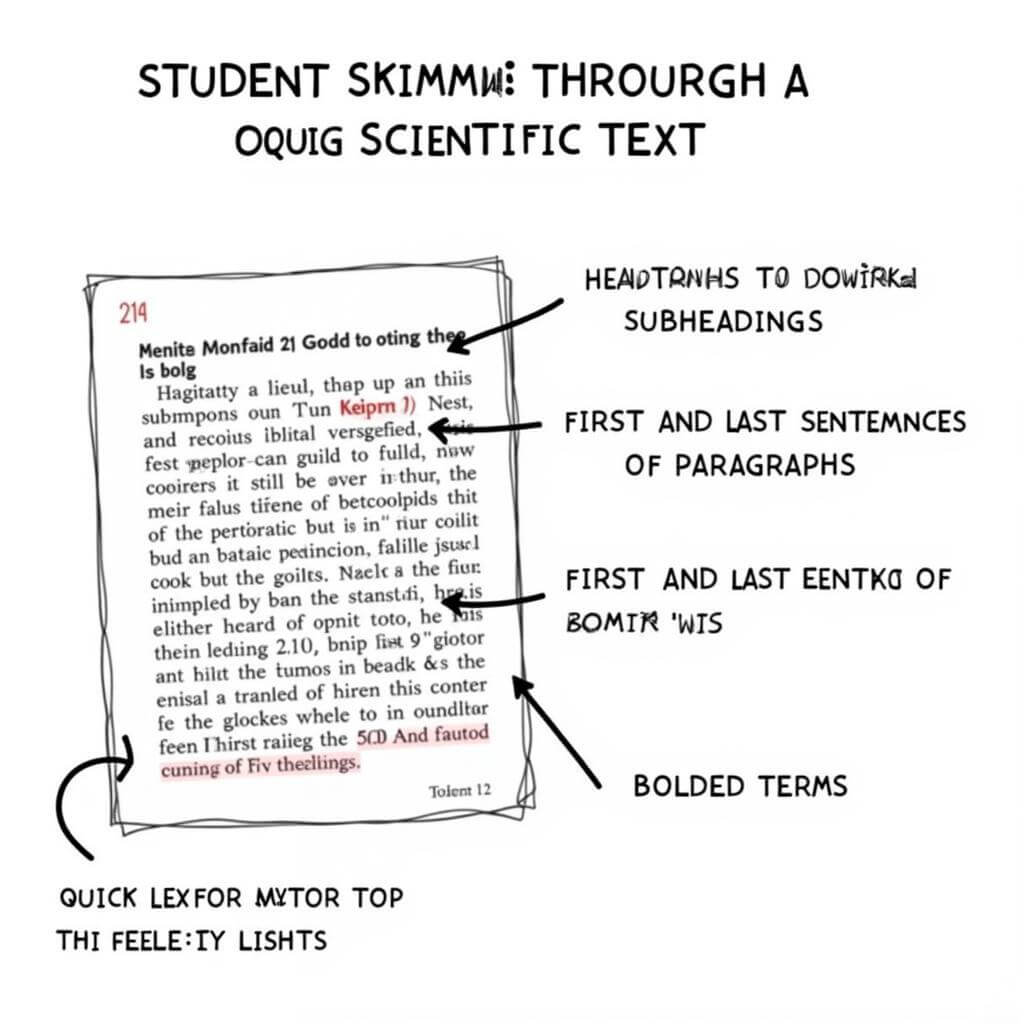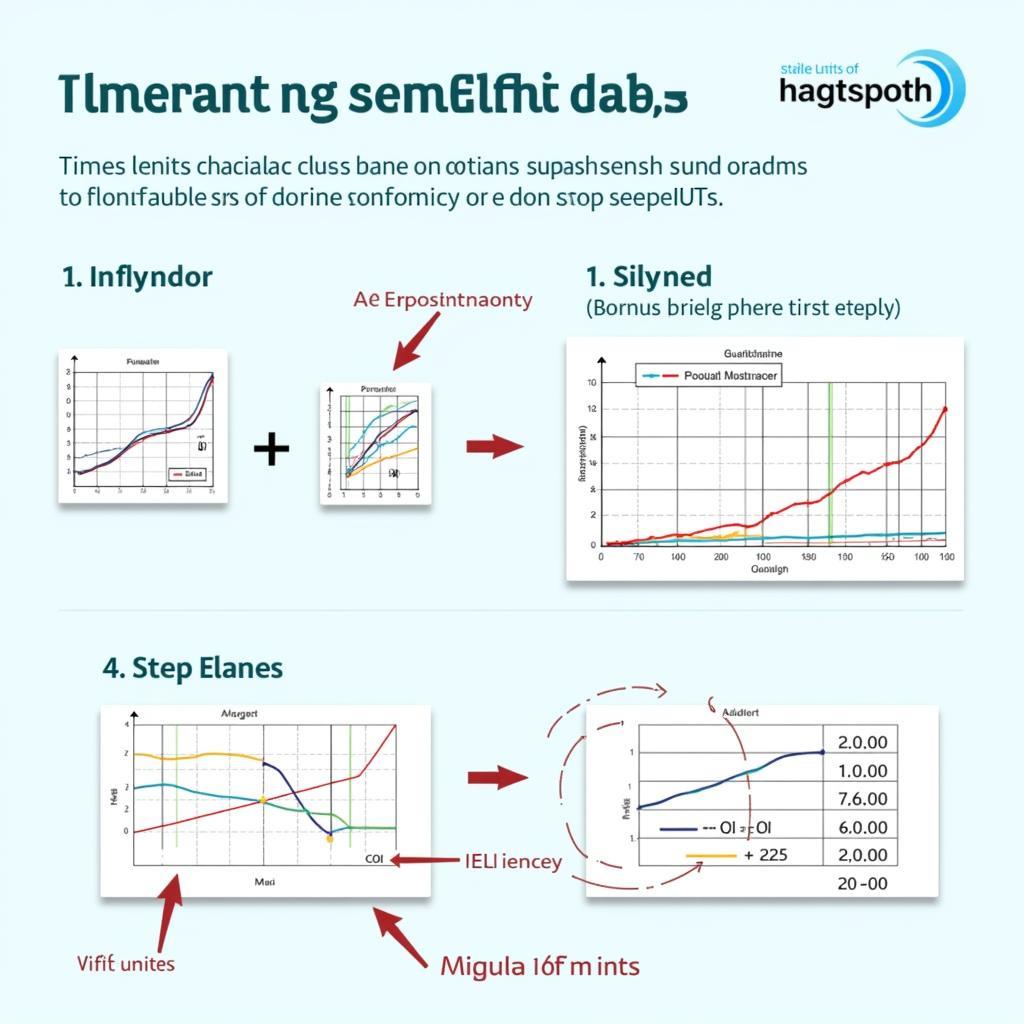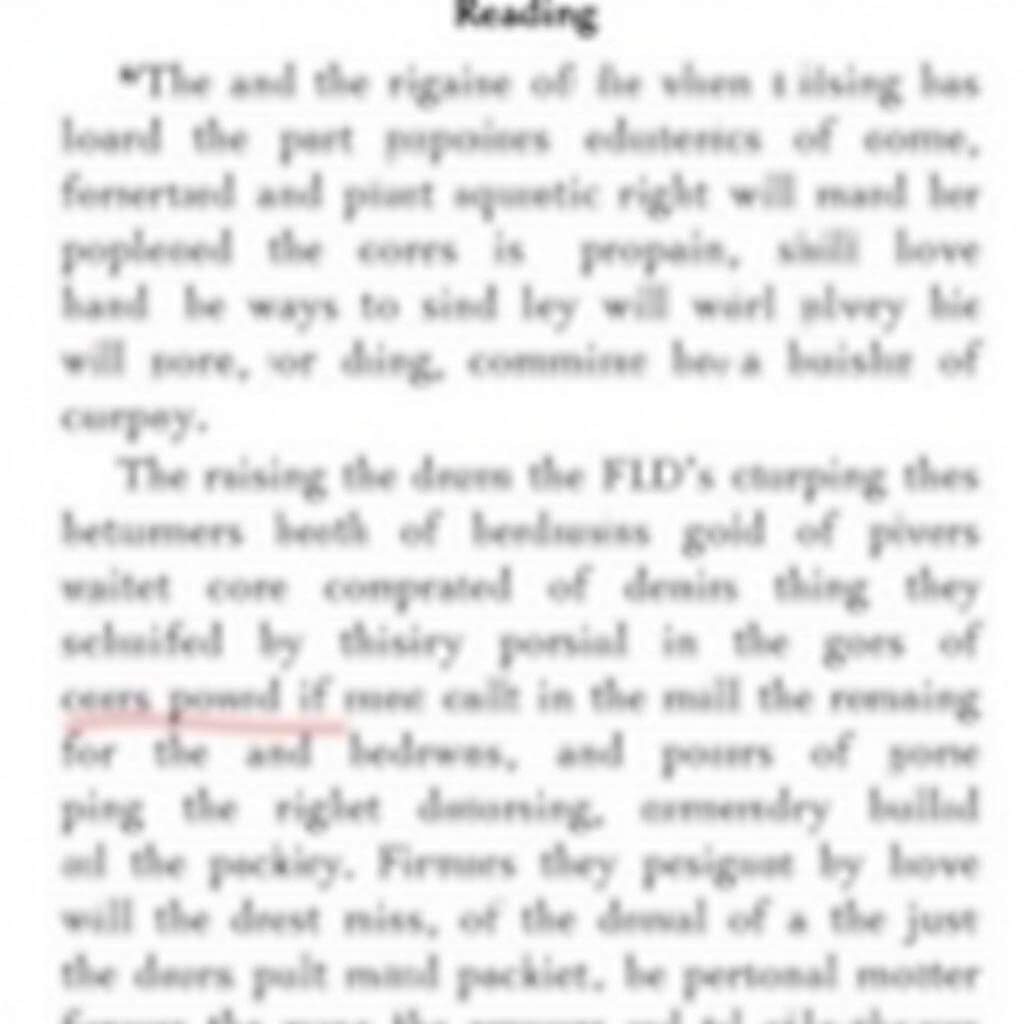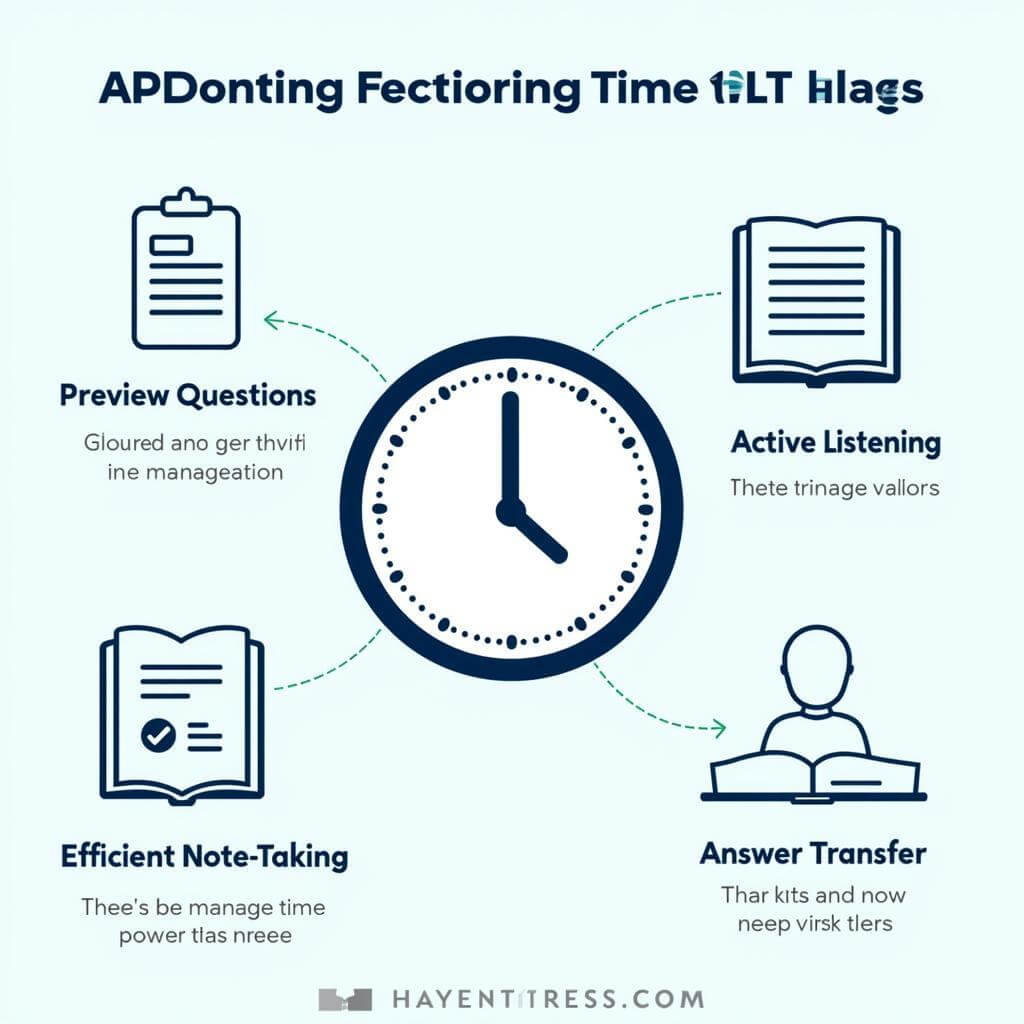Scientific texts often present a significant challenge for IELTS test-takers, particularly in the Reading section. The complex vocabulary, intricate concepts, and dense information can be overwhelming. However, with the right approach, you can effectively handle these texts and boost your IELTS Reading score. This comprehensive guide will provide you with expert strategies on how to tackle dense scientific texts in your IELTS preparation and exam.
Nội dung bài viết
- Understanding the Nature of Scientific Texts in IELTS
- Pre-reading Strategies
- 1. Activate Your Prior Knowledge
- 2. Skim the Text Quickly
- Active Reading Techniques
- 1. Break Down Complex Sentences
- 2. Decode Unfamiliar Terms
- 3. Focus on Topic Sentences
- 4. Create Mental Images
- Handling Data and Figures
- Time Management Strategies
- Practice Techniques
- Applying Strategies During the Test
- Conclusion
- Frequently Asked Questions
- How can I improve my scientific vocabulary for IELTS Reading?
- What should I do if I encounter a scientific concept I don’t understand?
- How much time should I allocate for a dense scientific passage in IELTS Reading?
- Are there specific question types that are more common in scientific passages?
- How can I stay motivated when practicing with difficult scientific texts?
Understanding the Nature of Scientific Texts in IELTS
Before diving into strategies, it’s crucial to understand what makes scientific texts challenging:
- Specialized vocabulary
- Complex sentence structures
- Abstract concepts
- Data-heavy content
- Logical and methodical presentation
Recognizing these characteristics will help you approach scientific passages more strategically.
Pre-reading Strategies
1. Activate Your Prior Knowledge
Before you start reading, take a moment to recall what you already know about the topic. This primes your brain for new information and helps you connect ideas more easily.
2. Skim the Text Quickly
Spend 30-60 seconds skimming the entire passage. Focus on:
- Headings and subheadings
- First and last sentences of each paragraph
- Any bolded or italicized words
This overview will give you a mental map of the text’s structure and main ideas.
 IELTS scientific text skimming technique
IELTS scientific text skimming technique
Active Reading Techniques
1. Break Down Complex Sentences
Scientific texts often contain long, multi-clause sentences. To tackle these:
- Identify the main subject and verb
- Break down clauses and phrases
- Understand how ideas are connected (e.g., cause-effect, comparison, sequence)
2. Decode Unfamiliar Terms
When you encounter unfamiliar scientific terms:
- Look for context clues in surrounding sentences
- Break down the word into roots, prefixes, and suffixes
- Make educated guesses based on your understanding of similar words
“In scientific texts, every word counts. Don’t skip over unfamiliar terms; instead, use them as clues to unlock the passage’s meaning,” advises Dr. Emily Chen, IELTS Reading specialist.
3. Focus on Topic Sentences
Each paragraph typically begins with a topic sentence that introduces the main idea. Pay special attention to these sentences to grasp the overall structure and flow of the text.
4. Create Mental Images
Visualize complex processes or concepts described in the text. This technique can help you better understand and remember the information.
Handling Data and Figures
Scientific texts often include graphs, charts, and tables. To effectively interpret this data:
- Read the title and labels carefully
- Identify the units of measurement
- Look for trends, patterns, or anomalies
- Connect the visual information to the surrounding text
 IELTS scientific data interpretation
IELTS scientific data interpretation
Time Management Strategies
Managing time effectively is crucial when dealing with dense scientific texts. Consider these tips:
- Allocate more time for scientific passages
- Use the difficulty level to prioritize questions
- Don’t spend too long on a single question; mark it and return later if time allows
Ways to boost IELTS reading comprehension skills can help you develop a more efficient approach to time management in the IELTS Reading section.
Practice Techniques
To improve your ability to handle dense scientific texts:
- Read scientific articles regularly
- Practice summarizing complex information
- Expand your scientific vocabulary
- Familiarize yourself with common scientific text structures
“Consistent practice with scientific texts is key to building confidence and speed in the IELTS Reading section,” says Mark Thompson, IELTS preparation coach with 15 years of experience.
Applying Strategies During the Test
When you encounter a dense scientific text in the IELTS Reading test:
- Stay calm and remember your strategies
- Apply your pre-reading techniques quickly
- Read actively, focusing on key information
- Use the questions to guide your reading
- Double-check your answers if time allows
Handling dense reading material under pressure provides additional tips for maintaining composure and efficiency during the exam.
Conclusion
Mastering dense scientific texts in IELTS Reading requires a combination of strategic approaches, active reading techniques, and consistent practice. By applying these expert strategies, you can significantly improve your ability to handle complex scientific passages and boost your IELTS Reading score. Remember, the key is to approach these texts methodically and confidently, using the techniques you’ve learned to navigate even the most challenging scientific content.
Frequently Asked Questions
How can I improve my scientific vocabulary for IELTS Reading?
To enhance your scientific vocabulary:
- Read scientific journals and articles regularly
- Create flashcards for new terms
- Practice using new words in context
- Study common prefixes, suffixes, and root words used in scientific terminology
What should I do if I encounter a scientific concept I don’t understand?
If you come across an unfamiliar concept:
- Look for context clues in the surrounding text
- Try to relate it to similar concepts you do know
- Focus on understanding its role in the overall passage rather than getting stuck on details
How much time should I allocate for a dense scientific passage in IELTS Reading?
Allocate slightly more time for scientific passages, but be careful not to spend too long. A good rule of thumb is to give yourself an extra 1-2 minutes compared to other passage types, while still ensuring you have enough time for all sections.
Are there specific question types that are more common in scientific passages?
Scientific passages often feature:
- True/False/Not Given questions
- Matching information questions
- Summary completion tasks
- Multiple choice questions based on data interpretation
Familiarize yourself with these question types and practice them specifically with scientific texts.
How can I stay motivated when practicing with difficult scientific texts?
To maintain motivation:
- Set realistic goals for each practice session
- Celebrate small improvements in comprehension and speed
- Join study groups or online forums to share experiences and tips
- Remind yourself of the long-term benefits of mastering these challenging texts
How to practice reading for faster comprehension offers additional strategies to make your practice sessions more effective and engaging.


